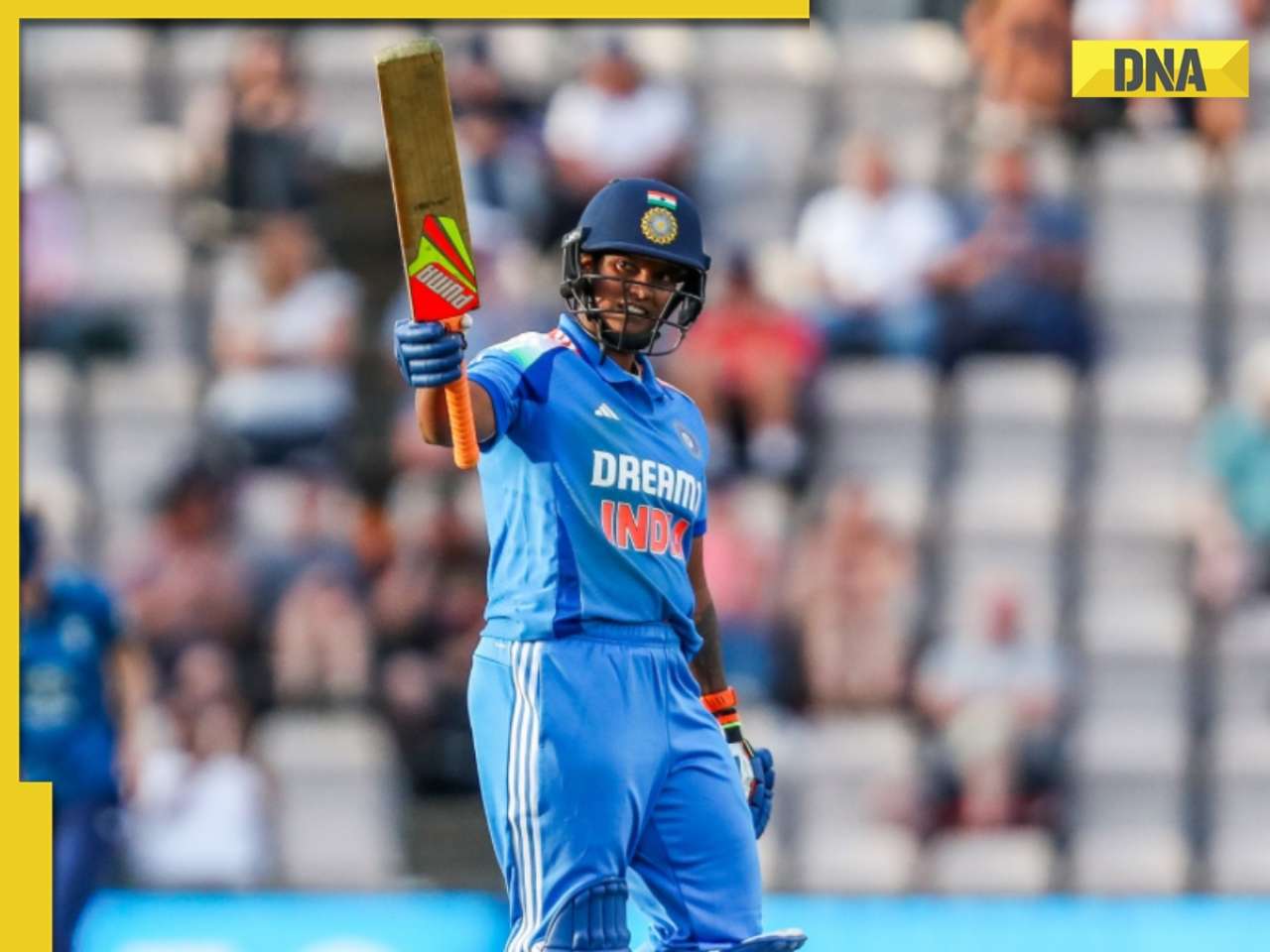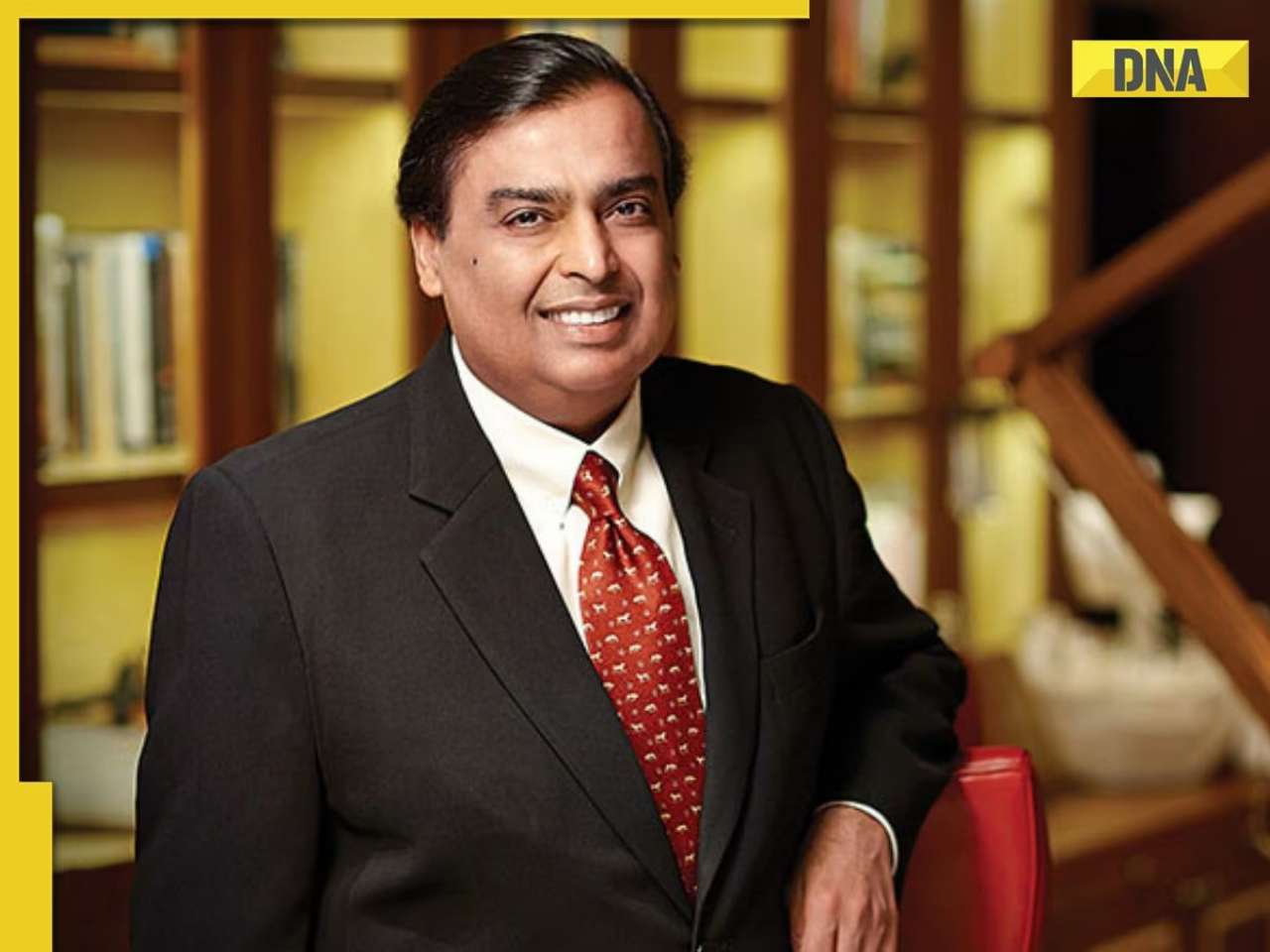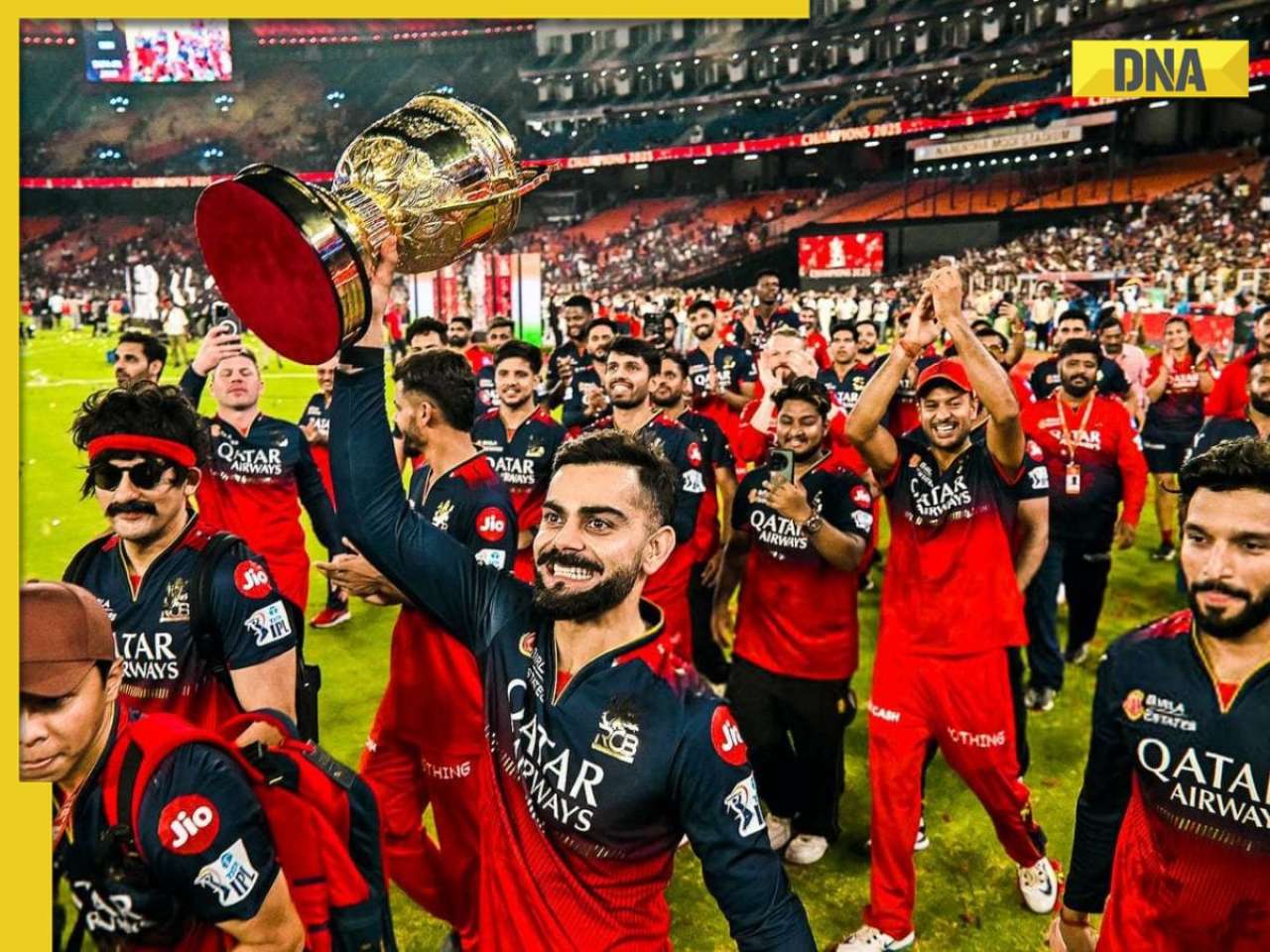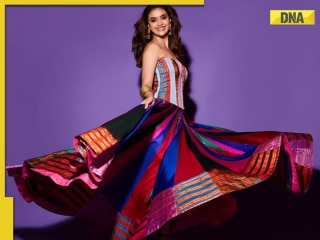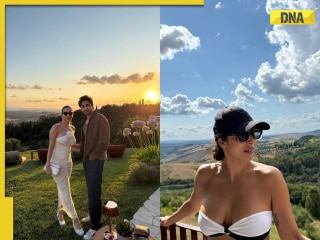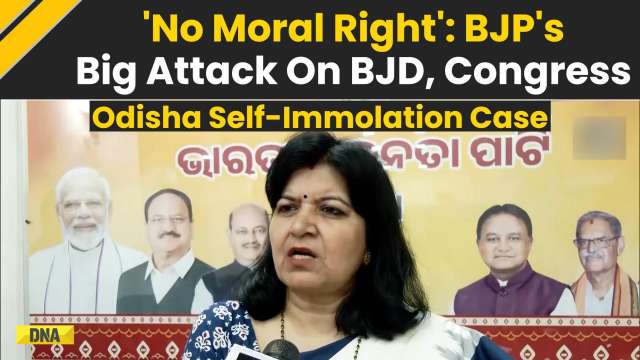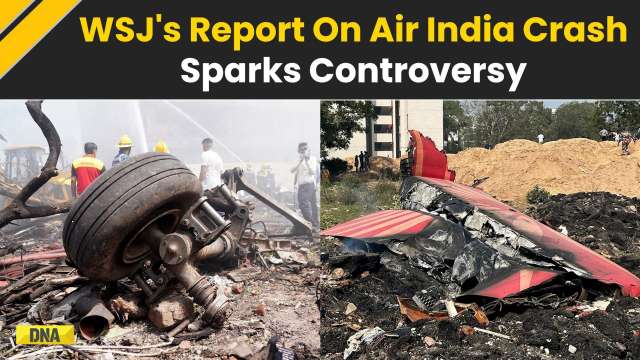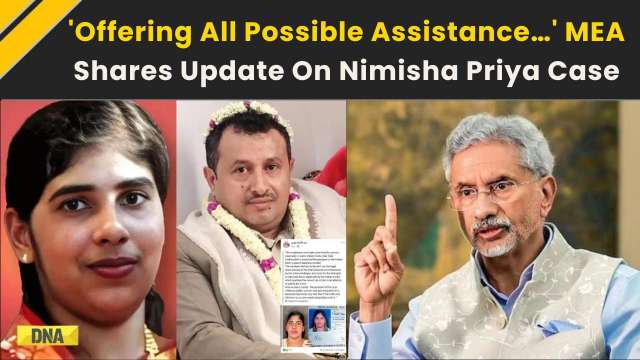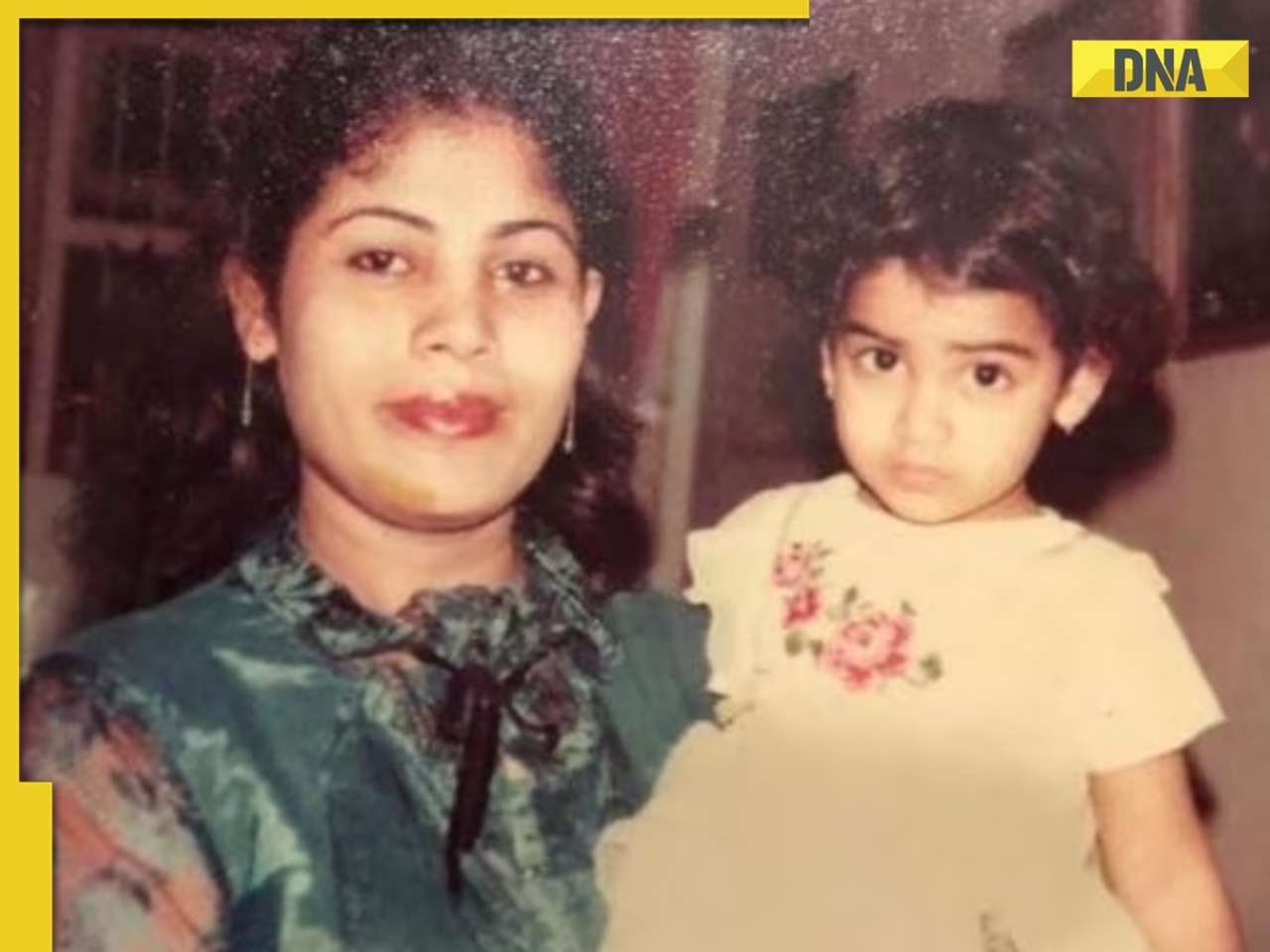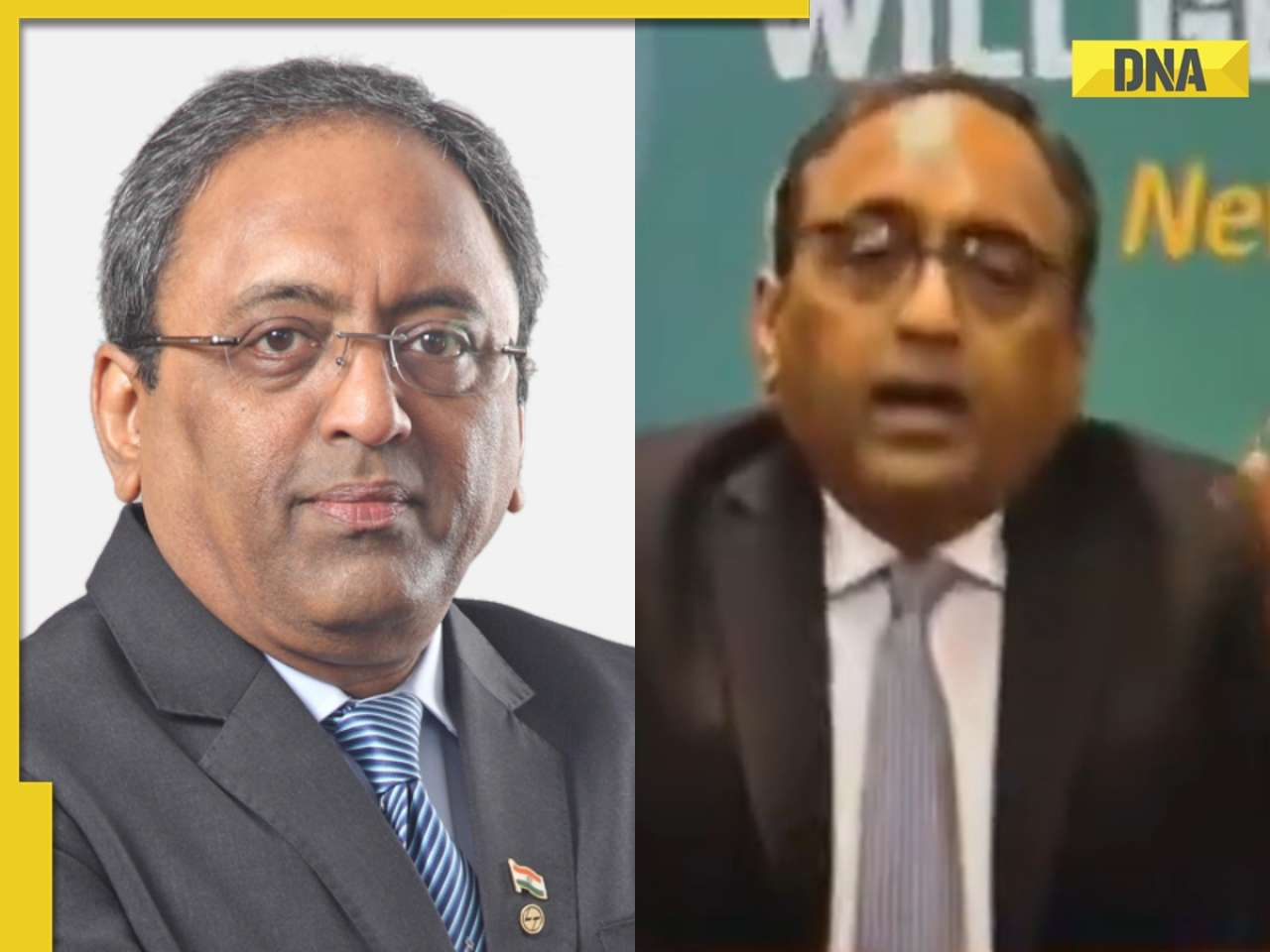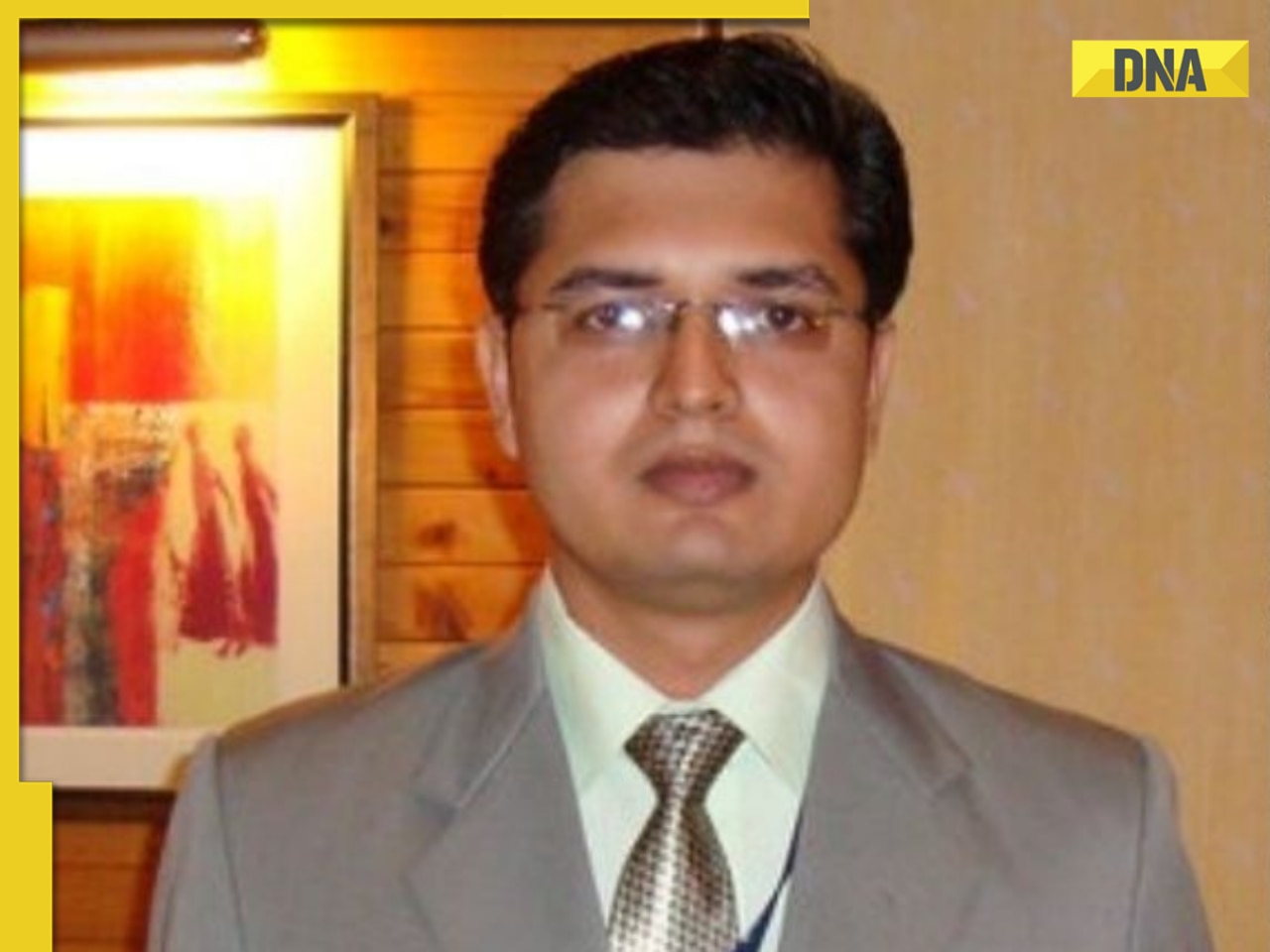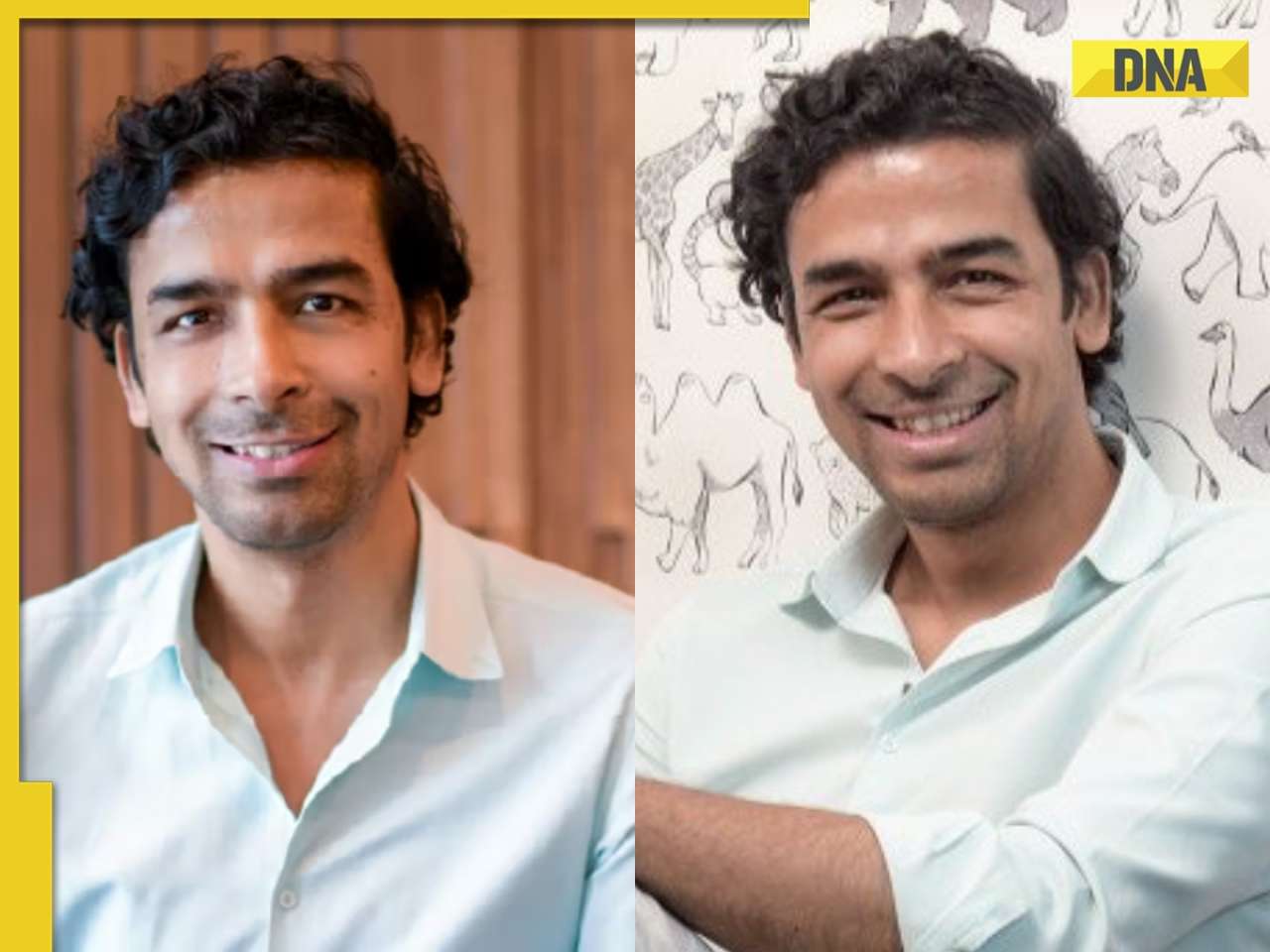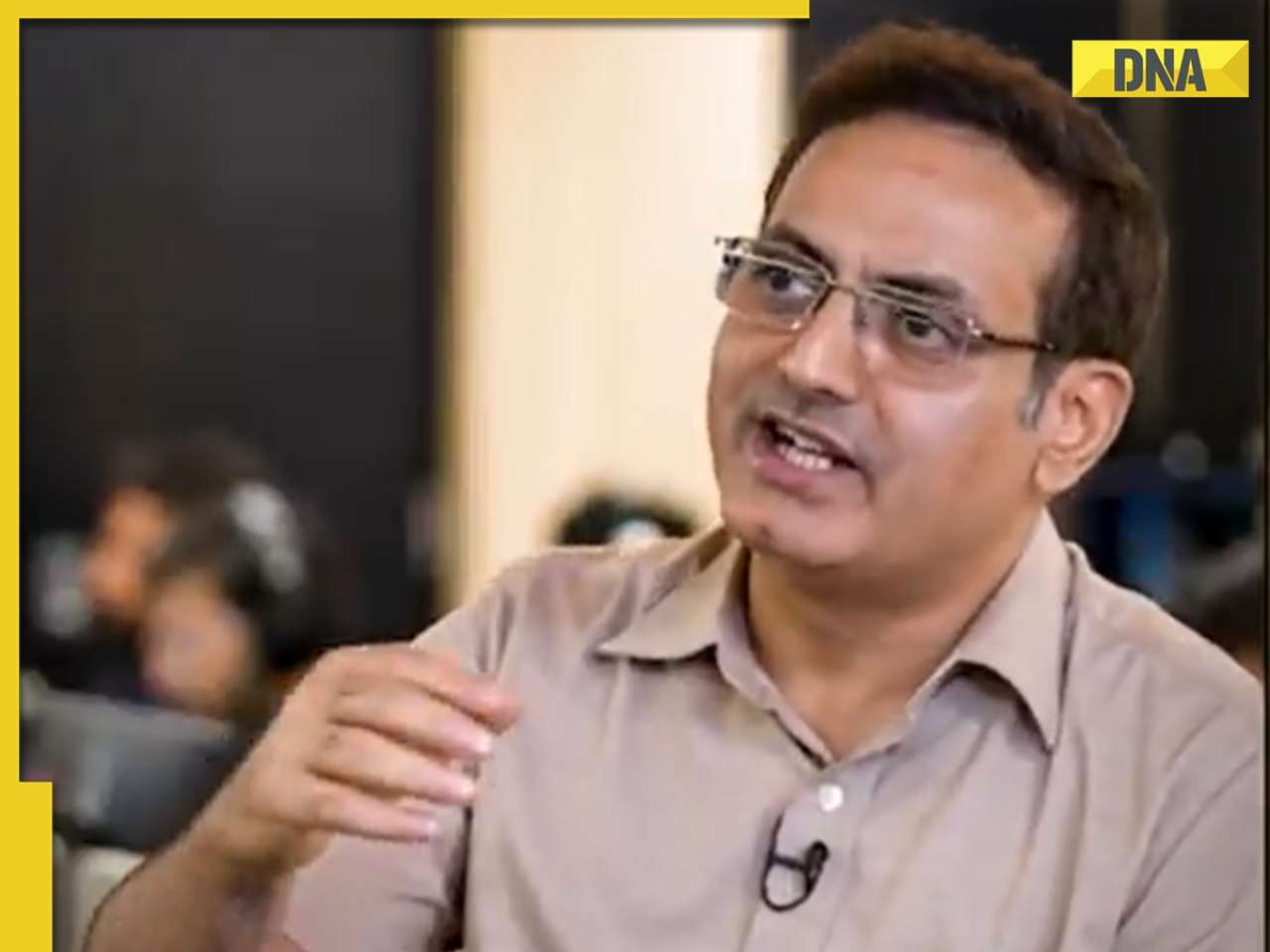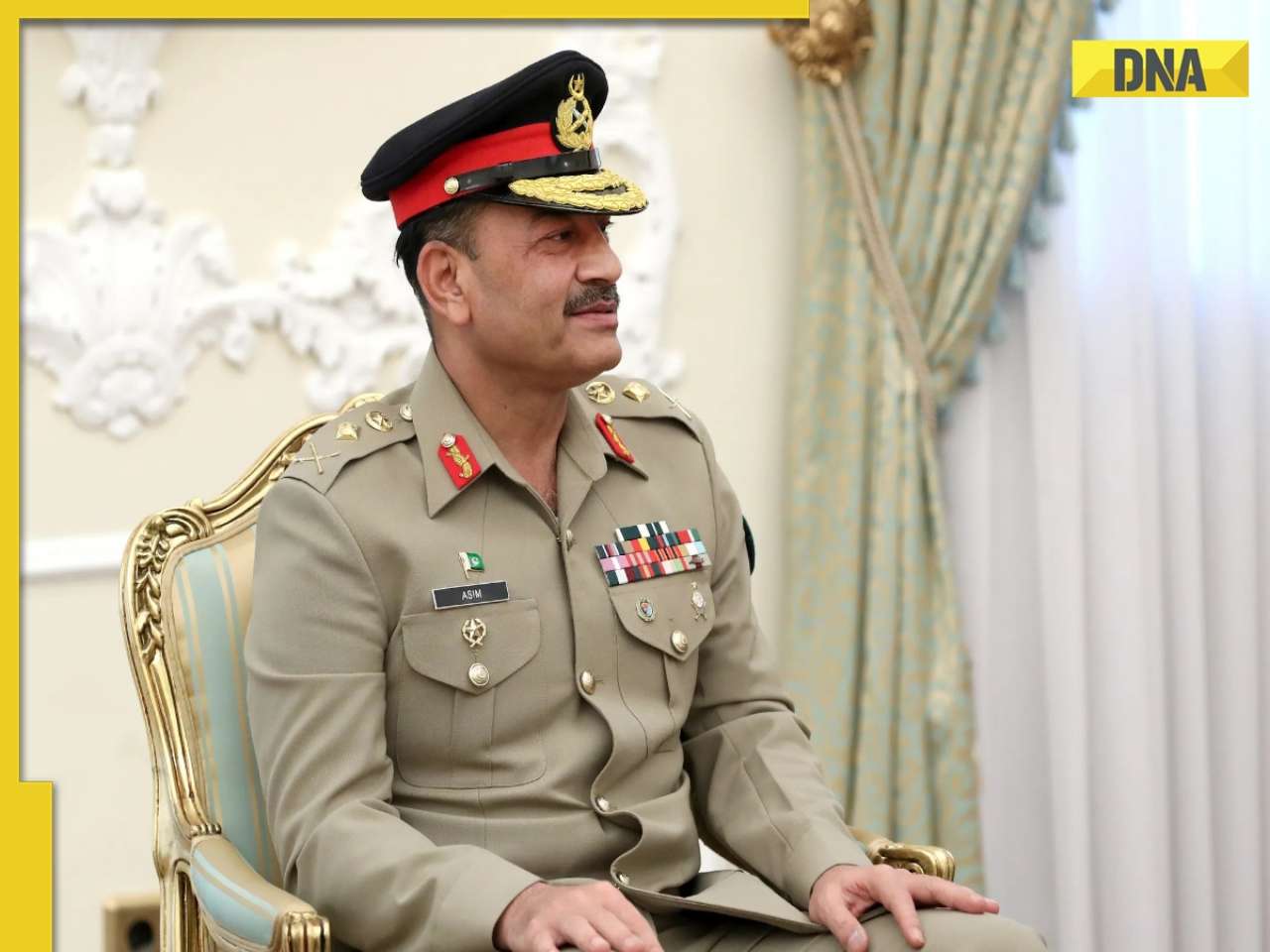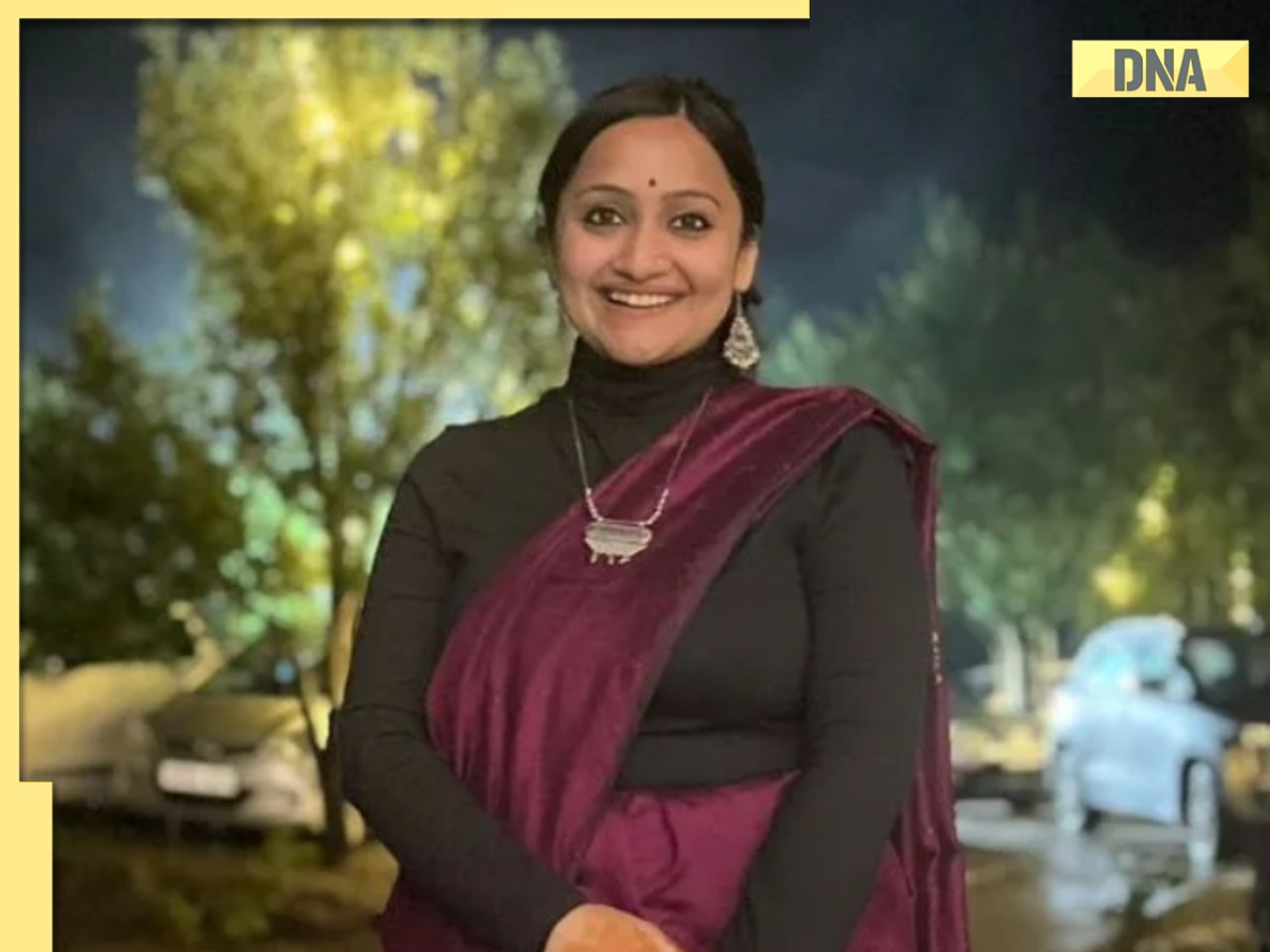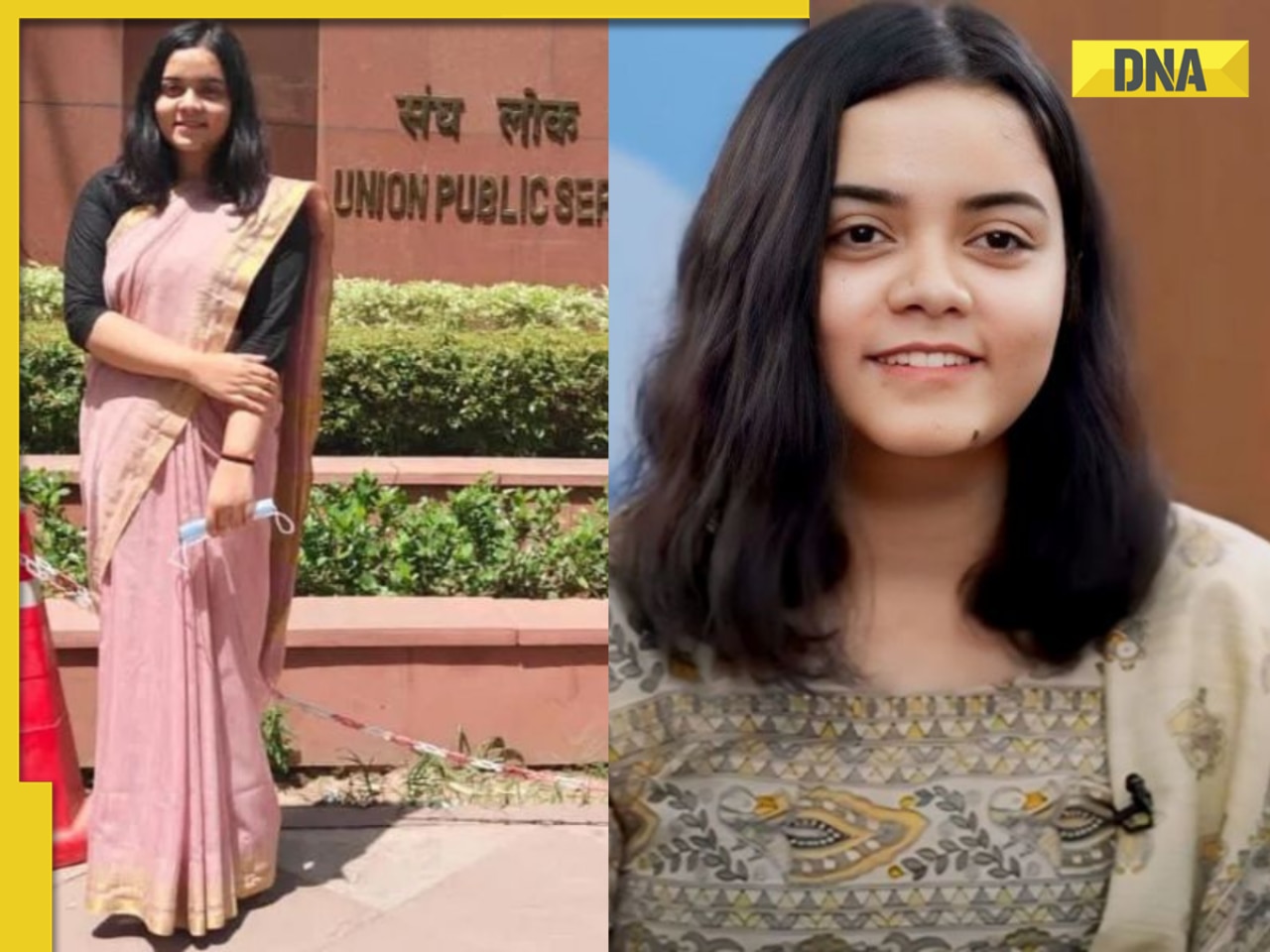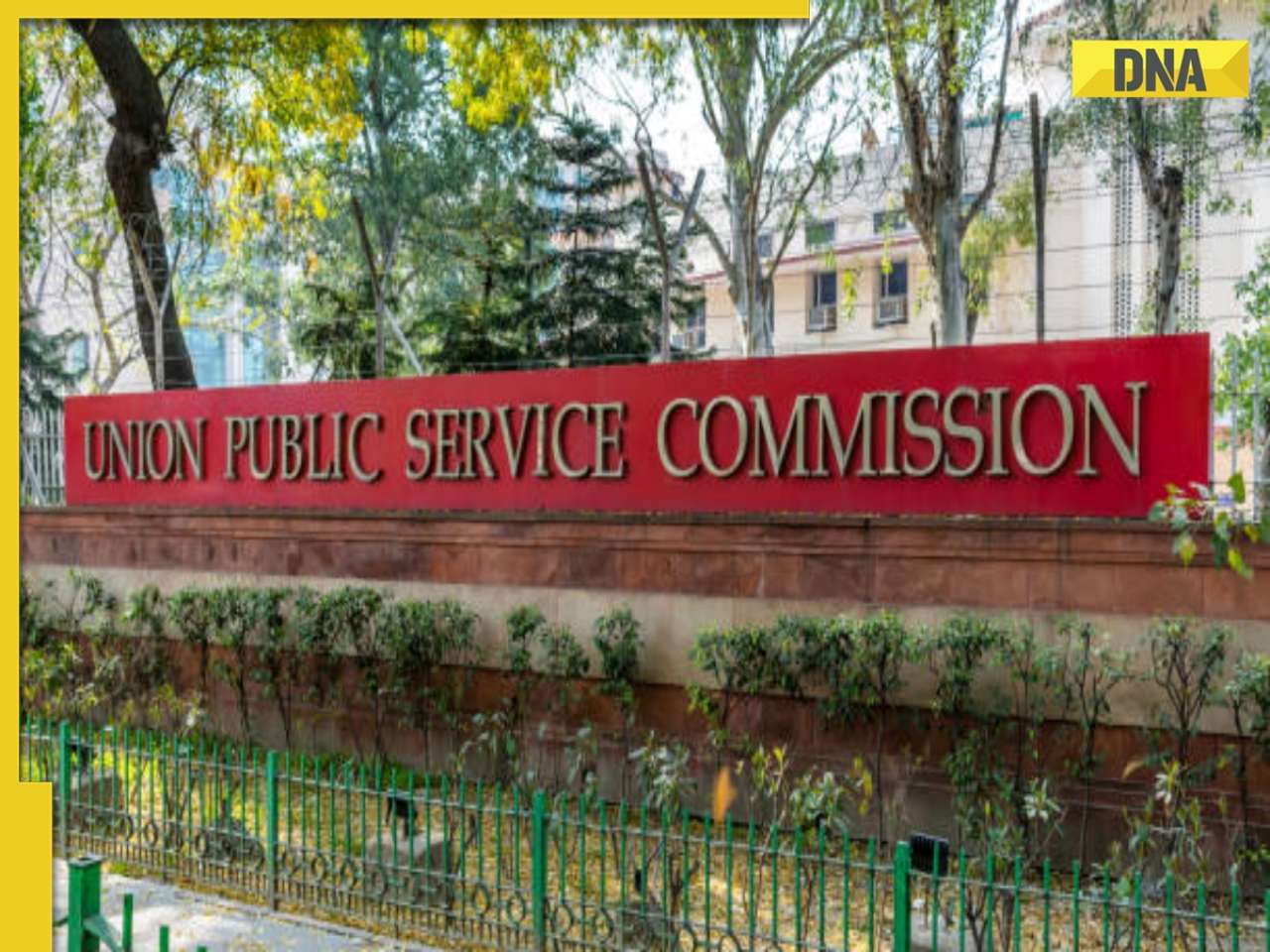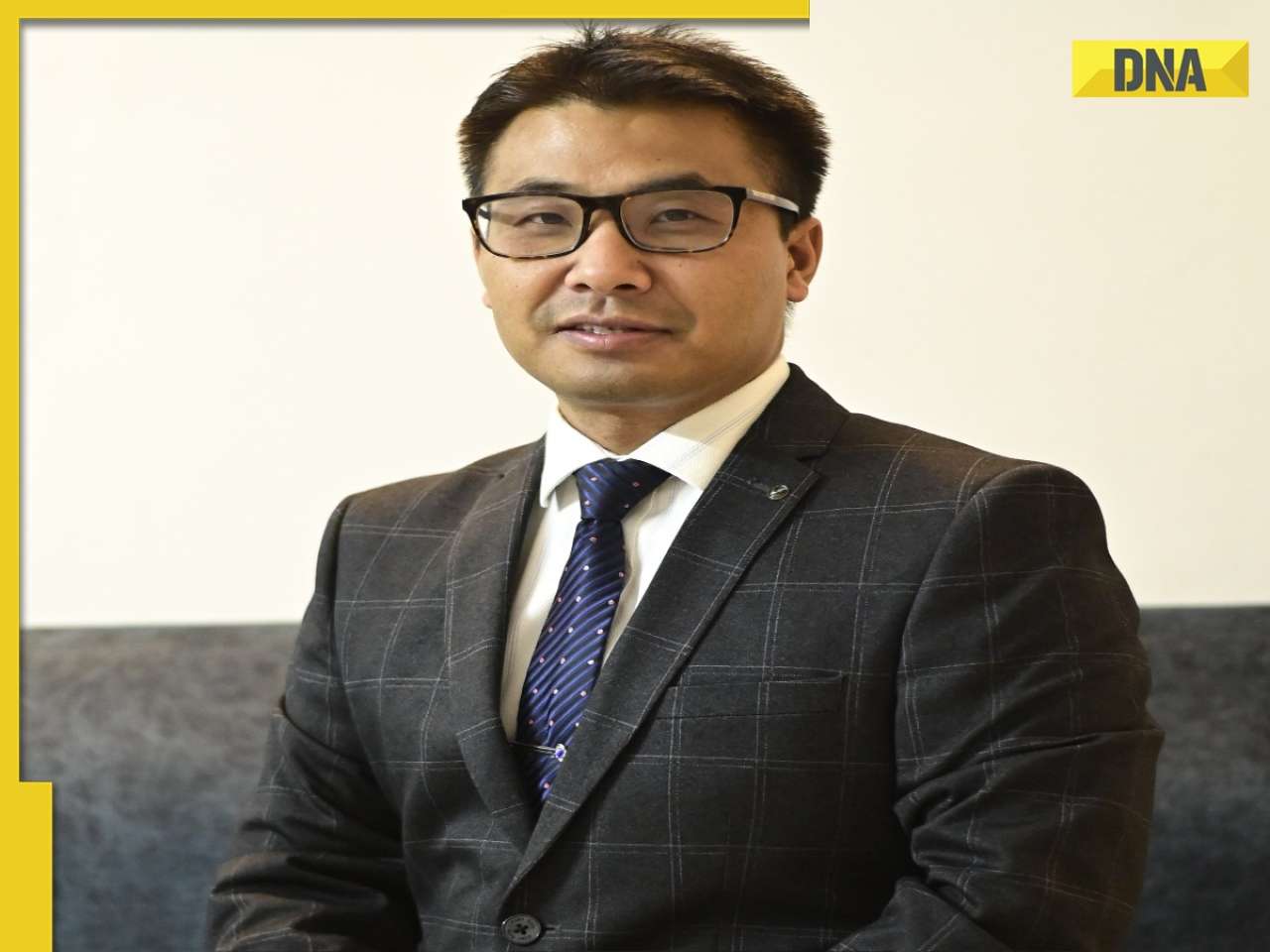- LATEST
- WEBSTORY
- TRENDING
INSIGHTS
Teaching The Future: Ensuring The Readiness of Music Students for Tech-Powered Careers
Music education must embrace technology like DAWs, VR/AR, AI, and online collaboration to equip students with essential skills for tech-powered careers and lifelong learning in a transforming industry.
TRENDING NOW
On the highest point of a very radical transformation in the music industry, however, rapid changes in technology are the triggers. Innovation is transforming how individuals produce, educate, and distribute music with AI (Artificial Intelligence) creation tools, as well immersive virtual experiences. With all these changes being experienced, one thing is becoming more evident; that with the new technology coming up, music education should be able to keep pace with new technology so that the next generation musicians can have all that they need to succeed in this new world i.e skills and techniques as well as attitude.
The adoption of DAWs (Digital Audio Workstations)
On modern day, DAWs such as Logic Pro, FL Studio, Ableton Live, or GarageBand have become instruments of the new era, helping one to create compositions, recordings, edit and mix them. Presence of DAWs in school implies that students have the opportunity to use the same program that professional musicians have to use on a daily basis! Knowledge on how to use these tools can enable anyone to create an idea to a full-functioning track and allow one to be creative and technically oriented.
In-class activities linked to DAW learning can be started with a rather basic project: a very short song or a remix of a well-known song. Hands on learning will certainly make the lessons more enjoyable, will help develop confidence and will lead to much greater experimentation.
The utilization of Interactive Learning Platforms
They are the embodiment of the music in apps like Soundtrap, Yousician and Flowkey, with their sanitized experiences and custom comments, this system is turning the very idea of practice and growth into a fun activity, a quantifiable process and in certain instances even accessible. They are particularly useful in two(2) situations; one during hybrid and the other in remote learning, and the involvement of the students becomes an issue in these situations.
Now as teachers we will be able to interlink these teaching platforms to make it more accommodating to students of many different learning styles making them last longer without losing motivation. They help also to fill the gap in skills and diversify the process of learning music.
Exploring Virtual and Augmented Reality
Once firmly nestled in the realm of science fiction, Virtual and Augmented Reality now invade the realm of music education. VR simulates an actual live performance environment, giving the students a chance to rehearse their stage presence and practice collation techniques with performance anxiety-free of cost. Whereas AR might bombard the instrument itself with visual clues assisting with technique and practice.
Schools can explore affordable VR options or partner with tech startups to bring immersive learning into the fold. These tools connect abstract theory to real-world application in exciting and memorable ways.
Encouraging Online Collaboration
Musicians are often working remotely these days, with options like BandLab, Soundation, and Soundtrap making collaborations from a distance straightforward. These cloud-based applications offer real-time interactions, allowing the working of two artists to be as fluid as in an actual studio.
Both in-person and virtual stand-alone assignments can be designed, where students create their own bands or trade remixes. While these classes will promote technical skills, they will also hone students' soft skills such as team-building, communication, and time management.
Integrating AI and Machine Learning
Artificial Intelligence is fast becoming a collaborator in music. From composition to mastering, the likes of Amper Music, Google Magenta, and AIVA will assist in anything. While not substitutes for human creativity, these programs offer additional avenues for experimentation.
This conversation about the future of music and ethics is perfectly set up by implementing the tools in the education curriculum. It will also give students views on how AI is in support of, rather than competing with, a creative vision.
Utilizing Online Learning Resources
MOOCs offered on platforms like Udemy, MasterClass, Coursera, and edX allow students to learn directly from the experts, very often from renowned or prestigious institutions or prize-winning professionals themselves. From understanding theory from Berklee to picking up tips from Grammy-winning producers, students can go beyond classroom knowledge.
Teachers may assign these courses as supplemental resources or use them as recommendations for further exploration. These courses work well for building a culture of self-guided learning and expanding the pool of perspectives.
Promoting Digital Literacy
In the music scene today, these days, being an awesome performer isn't enough. An artist has got to be digitally fluent. This means software management, digital file organization, understanding digital etiquette, and remaining safe online.
Digital literacy should be a part of every single area of the curriculum. From effectively saving project files to putting social platforms to good use, these lessons provide a solid foundation upon which students can work independently and confidently in a digital environment.
Addressing Accessibility and Inclusivity
Technology offers a potential avenue to loosen the constraints imposed on music education. Adaptive instruments, screen readers, and interfaces made to be accessible can bridge the barriers that students with disabilities may encounter in reaching music. Opening learners in rural or underserved areas to online platforms.
By building inclusivity with technology, schools should promote equal participation by every student. The beginning is from investment in the right tool-set being backed by training that ensures the tool is used properly.
Promoting Life-long Learning and Flexibility
Since the world of technology constantly changes, artists ought to be flexible and open-minded to remaining self-educating throughout their lives. Practicing with new tools by examples of instructors who will act inquisitive can convey a good example.
The placement of students into projects of using of new plug-ins, research of modern trends, or utilization of the latest applications will help in promoting this type of thinking. Explore and tomorrow your students will become flexible professionals.
Constructing Tech-Integrated Curriculum
Hence, to have a proper curriculum on tech-related work in music industry, the music technology ought to be completely incorporated in the schooling programs. This implies that production, sound design, and even digital marketing ought to be fundamental products and not electives.
Conclusion
Consulting the professionals in the industry can assist in revising coursework to more adequately address real-world requirements. Internships, guest lectures and mentorships offer a real industry connection and perspective. Music education stands on a crossroads. The use of technology is not in any case destined to replace tradition; it is aimed at supplementing it. By incorporating into their teaching the tools of our time, teachers can raise not only exceptionally skillful performers, but also versatile and multi-talented musicians, computer-savvy and prepared to be makers.
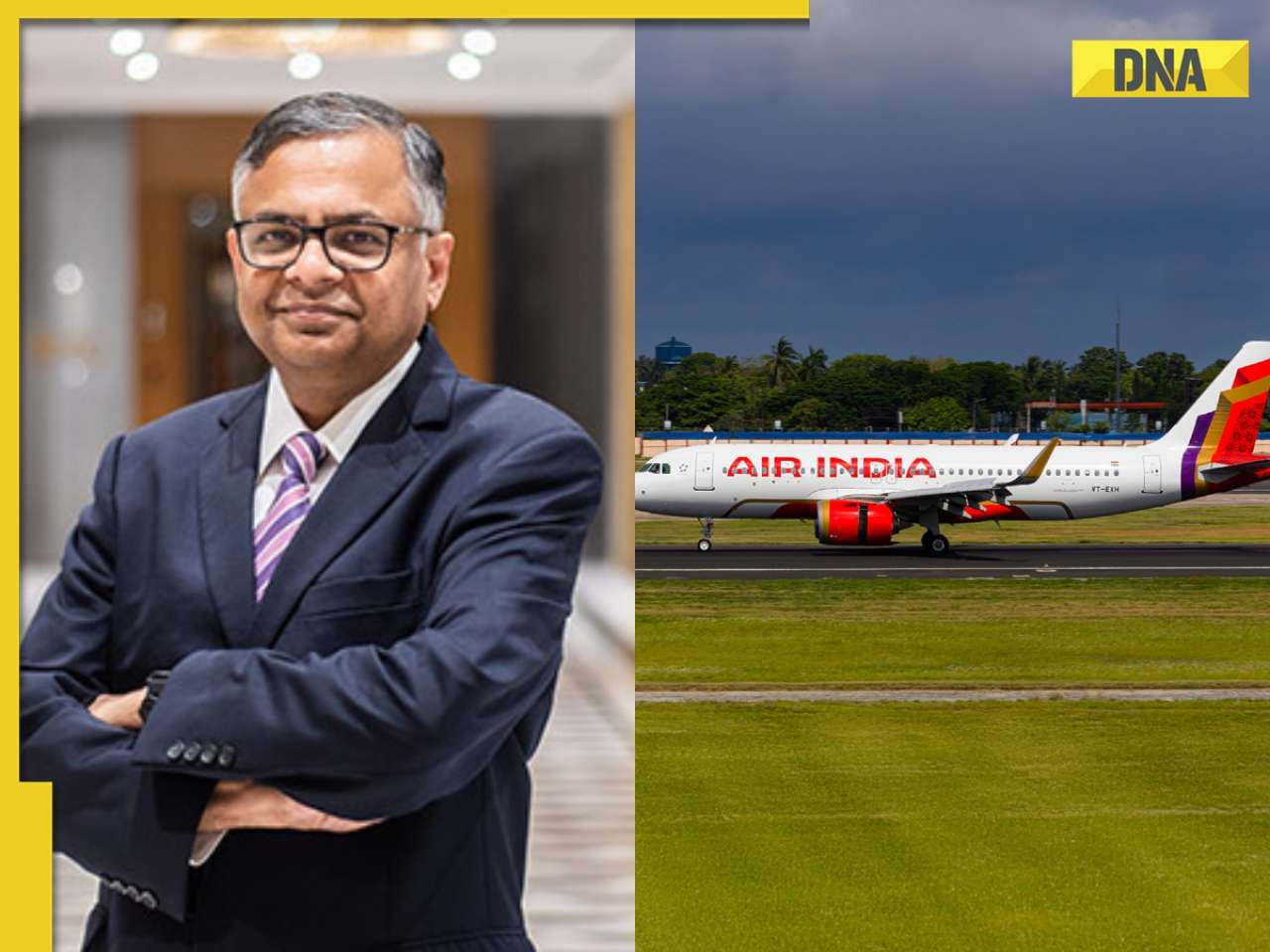
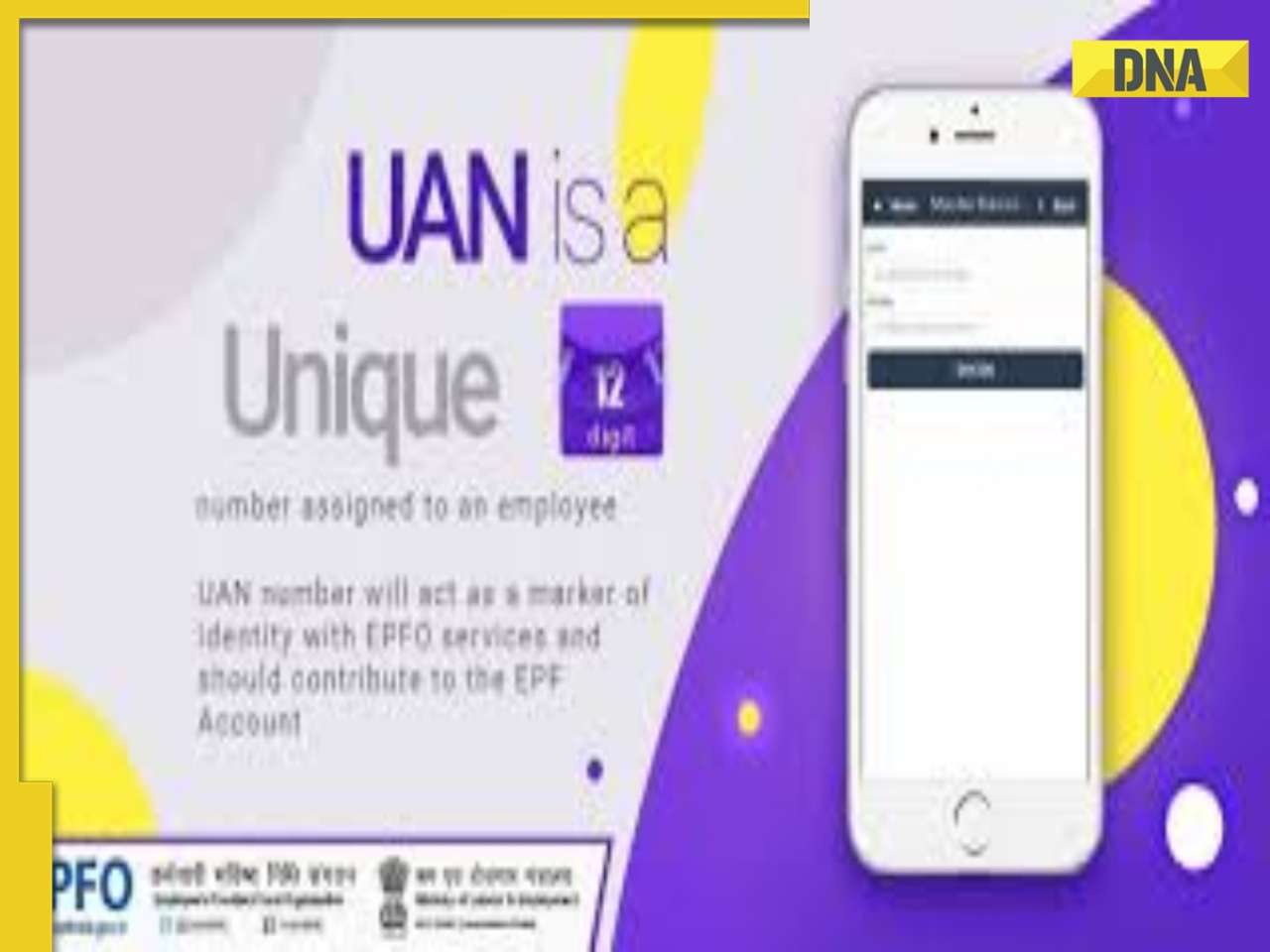
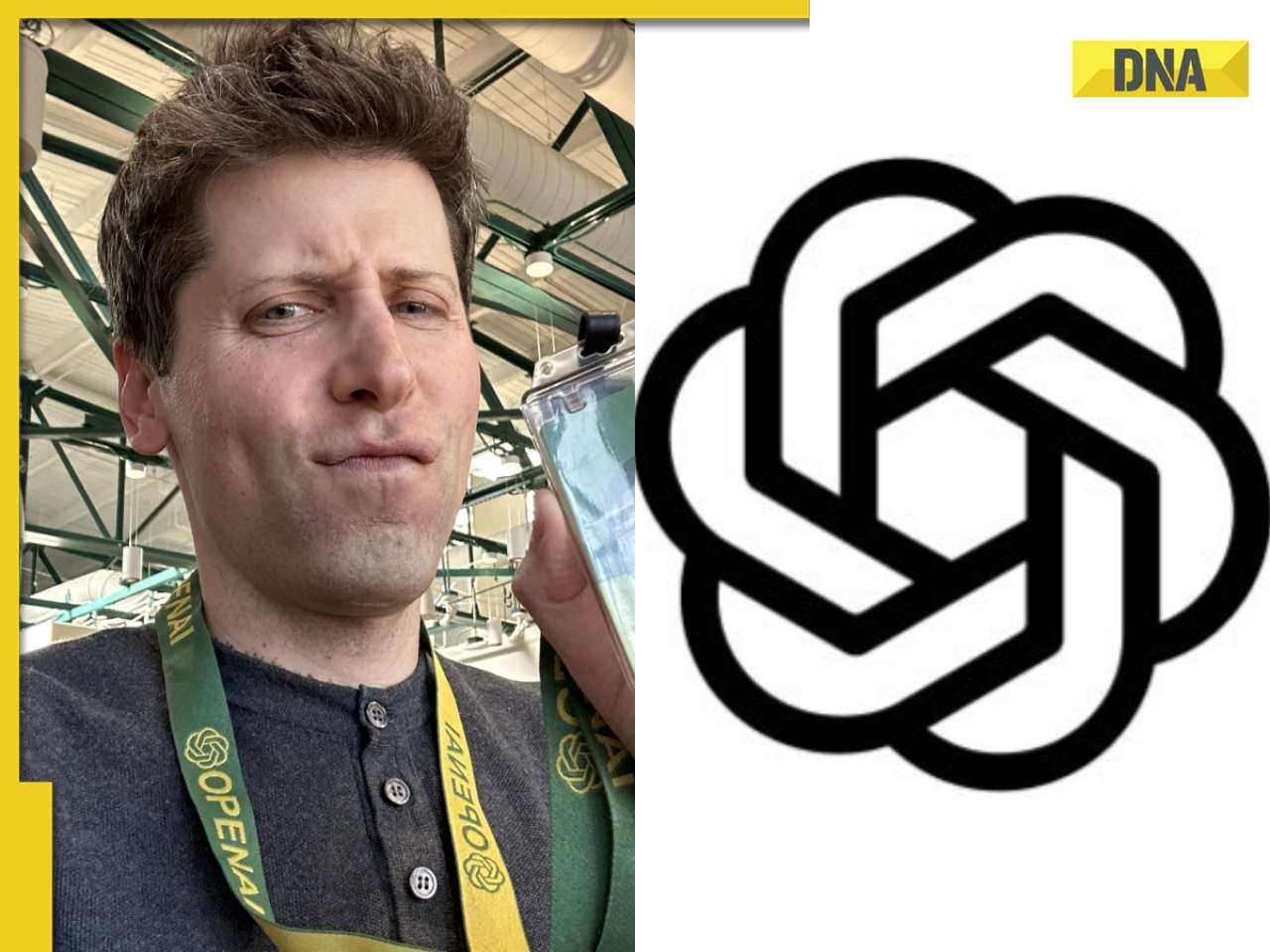




)
)
)
)
)
)
)
)
)
)
)
)
)
)
)
)
